Washing brush, for tough stains on textiles
Washing brush, for tough stains on textiles
NYHET! Nu kan du betala med Swish
Failed to load download availability



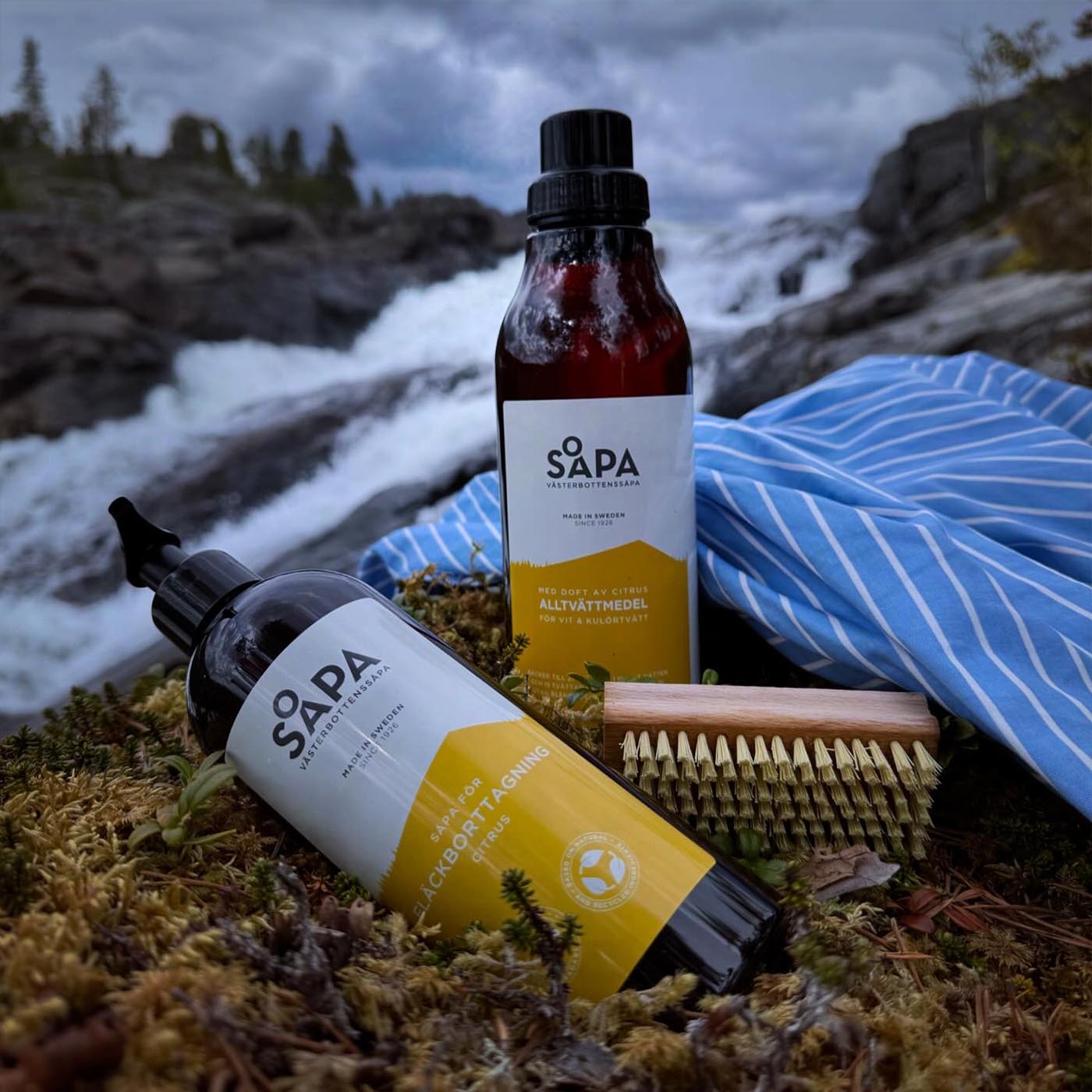
- About the Product
- Use
- information
Wooden washing brush with stiffer bristles for spot removal of stains on more durable textiles. You use the brush to pre-treat tough stains. Apply the stain removal soap directly to the brush, apply some warm water and process the stain. Note that this should only be done on more durable textiles.
Do not use the brush on clothing that could be damaged by the stiff bristles. Textiles that can withstand the washing brush are, for example, jeans, overalls and outer garments in coarse textiles and other durable materials. Do not use on silk, knitwear, loosely woven synthetic fabrics or anything else you think could be damaged. Always test carefully first in a less visible place if you are unsure, for example under an arm. For stain removal on more delicate garments, use a sponge instead.
Treat greasy and plant or animal stains with the stain remover soap and water. Then wash according to the washing instructions in the machine. Feel free to use Västerbottenssoap's all-purpose detergent.
Care advice: The brush is made of wood so it feels best if it is allowed to dry quickly after use. Do not store wooden brushes wet, e.g. at the bottom of the washing machine/sink.
Size: 93x40x35mm
Sorting: Wood, PP plastic
What makes Västerbottens soap different from "regular" soaps that you buy in the grocery store?
Västerbotten soap has similar properties to a linseed oil soap, which is thus an overfatted soap. Other soaps that you buy in e.g. the grocery store is not overfat and therefore not as efficient. Soaps and soaps have varying amounts of excess oils and fats, that is, the part of fat that remains after saponification. Västerbottens soap has a larger surplus and is therefore extra caring and re-greasing.
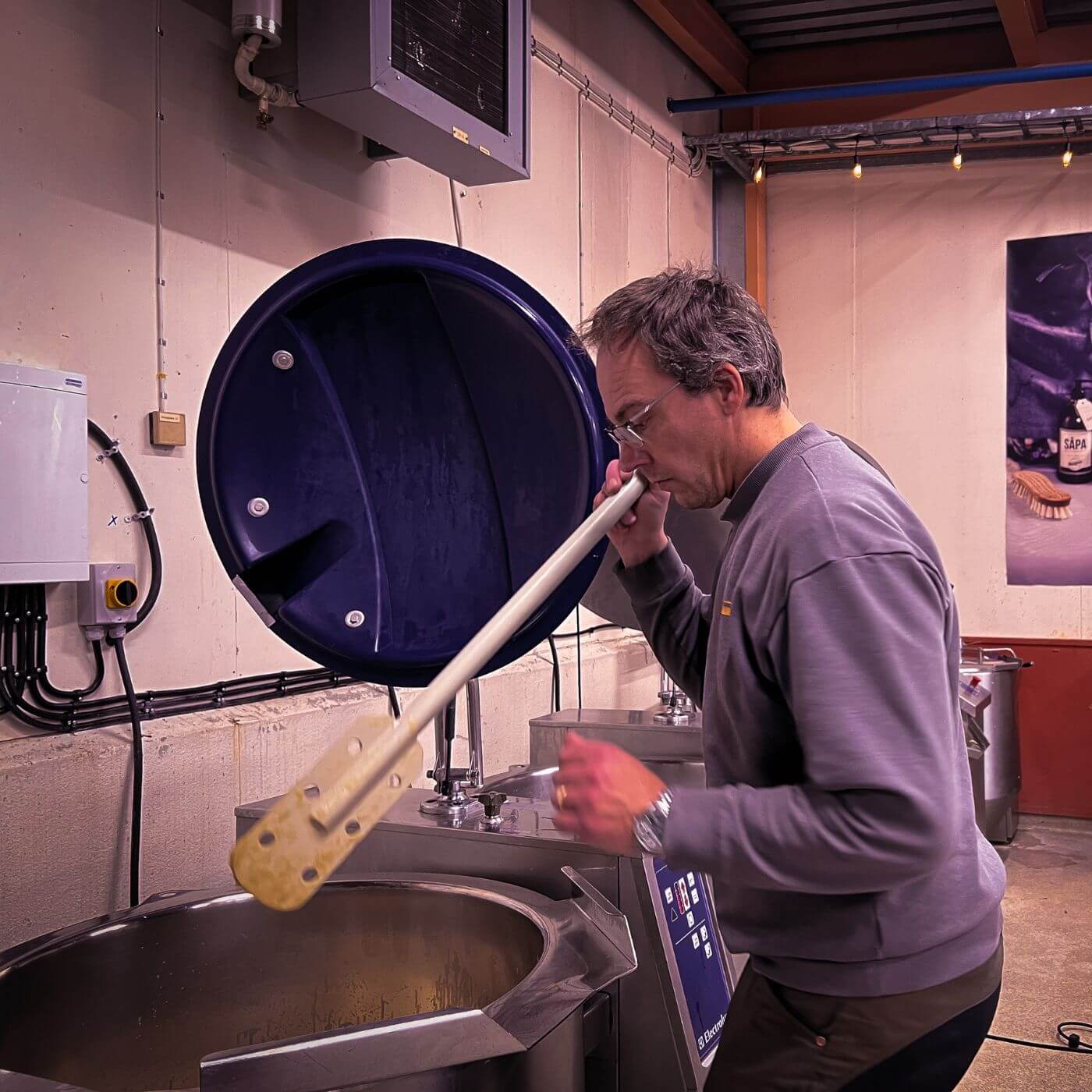
A story of 100 years of sustainable soap making
Let us tell you how it all comes together
Because the soap is made from recycled raw materials, i.e. is circular, the CO2 emissions for the product are very low. A bottle of soap including production, packaging and transport has a CO2 emission of approx. 237 g. This can be compared to the emissions for producing 1 kg of palm oil, which is approx. 10 kg.
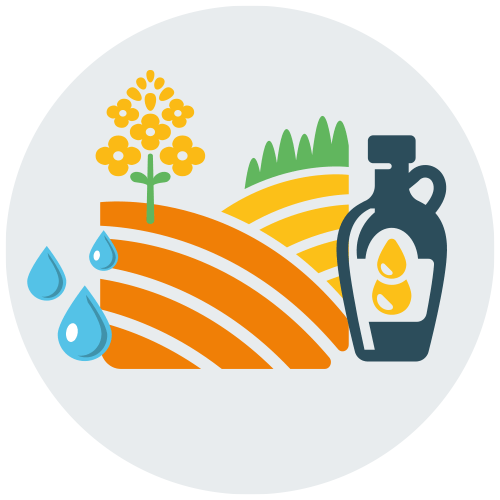
Rapeseed oil is produced as food.
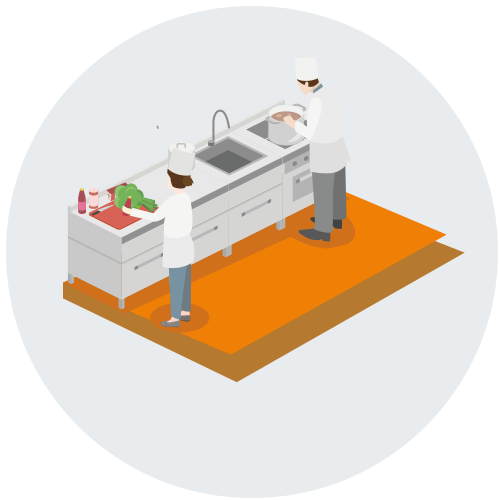
Rapeseed oil is used in restaurants around the country
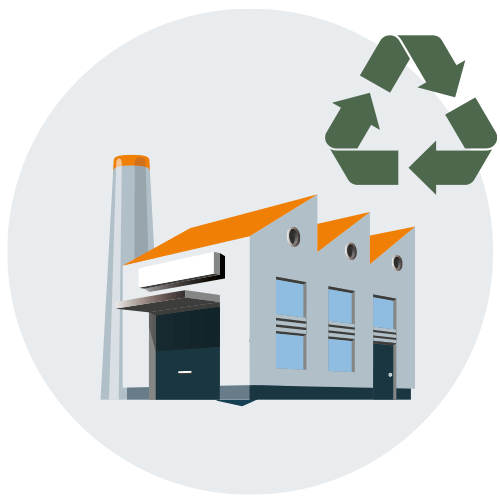
Västerbottenssåpa sources the oil that is purified in the small factory in Vilhelmina. It is then saponified into soap
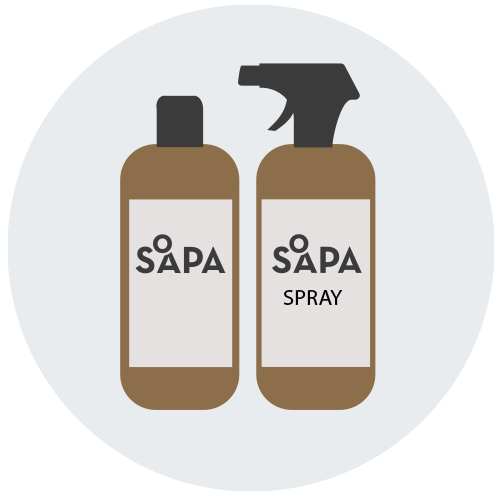
The soap is sent to you by mail.
Contains only three ingredients
Our soap contains only water, soap (saponified rapeseed oil) 15-30% and any perfume
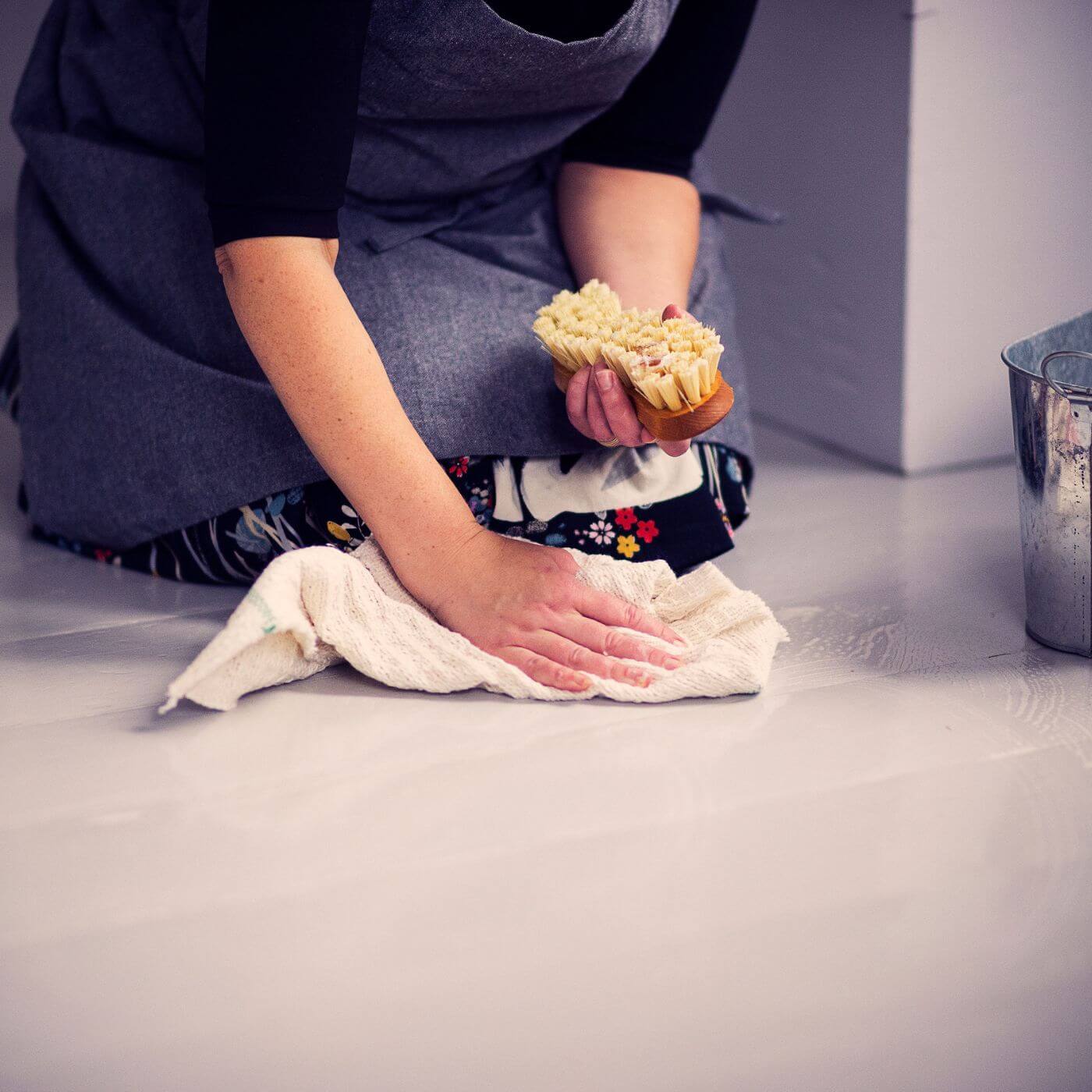
Our Cleaning Tools
With us you will find a large selection of cleaning tools made from natural and recycled materials.
Everything from scrub brushes (oven, panel, stove and other brushes in different sizes, materials and shapes), to glass hob scrapers, different types of cleaning sponges and dish cloths.








